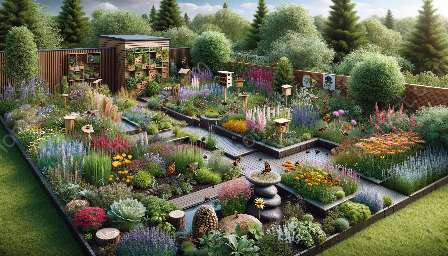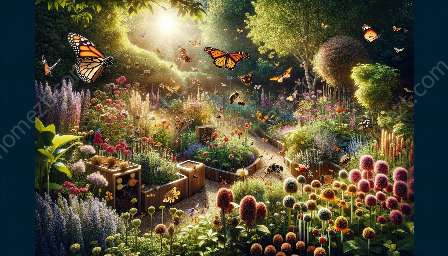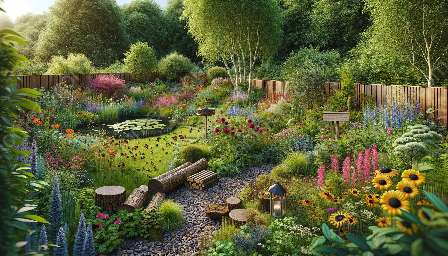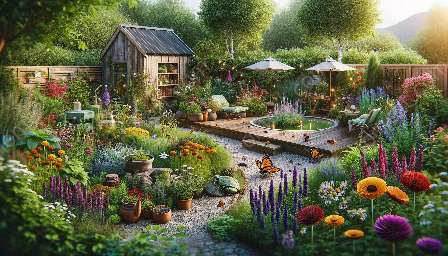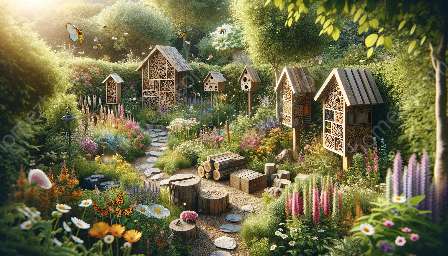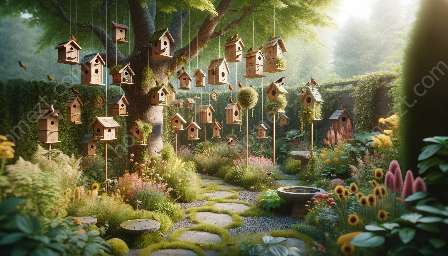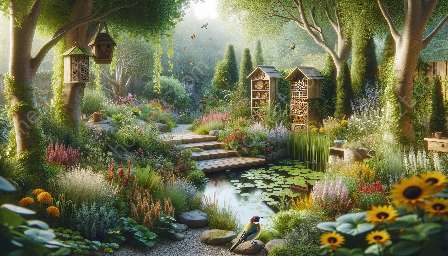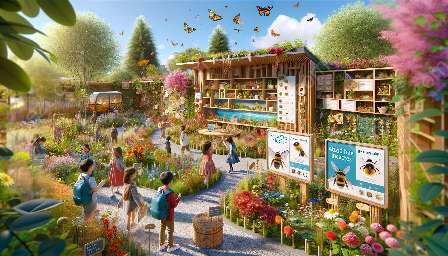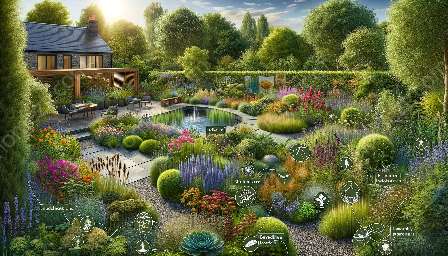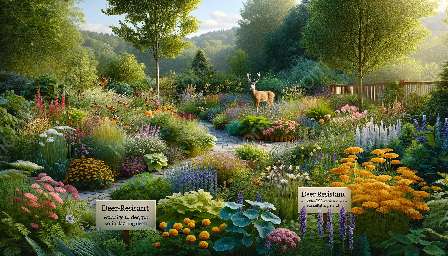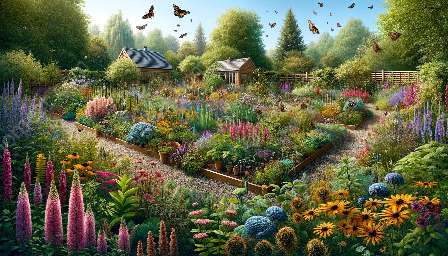Managing pests through natural means involves employing sustainable methods to protect your garden while promoting wildlife gardening and attracting beneficial insects. By utilizing these environmentally friendly strategies, you can maintain a healthy and vibrant garden ecosystem without compromising the surrounding wildlife and environment.
Understanding the Importance of Natural Pest Management
As a garden enthusiast, you likely understand the significance of maintaining a healthy balance between plant life and the ecosystem. In natural pest management, the focus is on utilizing the principles of ecological balance to minimize the impact of pests on your garden and the surrounding environment. By avoiding the use of harmful chemical pesticides, you can protect beneficial insects, wildlife, and the overall biodiversity of your garden.
Creating a Wildlife-Friendly Garden
Achieving effective pest management through natural means starts with creating a wildlife-friendly garden. By offering a diverse range of habitats, food sources, and shelter for local wildlife, you can encourage natural predators and beneficial insects to inhabit your garden. Consider incorporating native plants, providing water sources, and creating nesting areas to attract a variety of wildlife species that can contribute to pest control.
Attracting Beneficial Insects for Pest Control
One of the key components of natural pest management is nurturing a thriving population of beneficial insects. These insects, such as ladybugs, lacewings, and predatory wasps, play a crucial role in keeping pest populations in check. Incorporating plants that attract these beneficial insects, such as yarrow, dill, and fennel, can help maintain a harmonious balance within your garden ecosystem.
Implementing Eco-Friendly Pest Control Practices
When faced with pest issues, it's essential to employ eco-friendly pest control practices that align with the principles of natural pest management. This can include using physical barriers, such as row covers and netting, to protect your plants from pests, as well as practicing crop rotation and companion planting to deter pest infestations naturally.
Utilizing Integrated Pest Management (IPM)
Integrated Pest Management (IPM) is a holistic approach that combines natural and environmentally sensitive techniques to manage pests effectively. By integrating cultural, biological, and mechanical controls alongside minimal pesticide use, you can address pest issues while safeguarding the environment and beneficial wildlife within your garden.
Embracing Sustainable Gardening Practices
Incorporating sustainable gardening practices, such as proper soil management, organic fertilization, and water conservation, can contribute to an overall healthy garden ecosystem. By enhancing the resilience of your plants and promoting a balanced environment, you can reduce the susceptibility of your garden to pest damage while supporting the well-being of wildlife and beneficial insects.
Maintaining Balance for Long-Term Pest Management
As you embark on managing pests through natural means, it's important to recognize that maintaining a balance between pest control and conservation is a continual process. By observing and understanding the dynamics of your garden ecosystem, you can adapt your strategies to encourage natural pest management while fostering a thriving and diverse environment.
Conclusion
Effectively managing pests through natural means not only safeguards the health of your garden but also promotes the well-being of wildlife and beneficial insects. By embracing sustainable and eco-friendly pest control practices, you can create a harmonious garden ecosystem that thrives in harmony with the surrounding natural environment.


